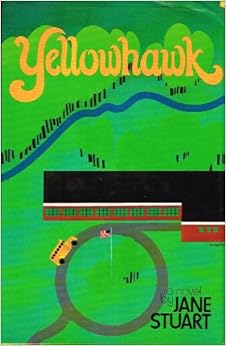Carlos Ruiz Zafon, The Shadow of the Wind
A vast warehouse in Barcelona known as the Cemetery of Forgotten Books plays a key role in this novel, as in others by the same author. A boy is taken by his father to the Cemetery of Forgotten Books and told to choose one book from among the many obscure books on the shelves, to read it, treasure it and protect it for the rest of his life. For as long as one person remembers that book, it will continue to exist. The author of that book will not have labored in vain.
The boy selects a novel, also called The Shadow of the Wind, by an author named Julian Carax. Later he learns someone is trying to find and destroy every copy of every Carax book in existence. As he grows into maturity, he tries to find out why.
I like the idea of a Cemetery of Forgotten Books. Perhaps the Library of Congress serves this function, but it does not house and protect forgotten books alone. Unfortunately, more books are forgotten than remembered within a few years of publication. "There are currently more titles published in the UK and US in a month (around 15,000) than even the most bookish person will read in a lifetime," John Sutherland writes in Curiosities of Literature. Most of those books would end up in the Cemetery of Forgotten Books very quickly, if such a facility actually existed. Instead they end up in used book sales, assuming they were ever purchased by someone in the first place, and if not bought by someone else, in landfills somewhere.
One of pleasures of membership to LibraryThing is that it allows one to see how many other members own the same books you do. I can see, for example, I am one of 49,570 members with a copy of Pride and Prejudice. More than 47,000 other members have The Catcher in the Rye and To Kill a Mockingbird in their libraries. Yet there are several books that I alone possess. These include two novels by Jane Stuart, daughter of Jesse Stuart; The Experience, a novel by Cecil Hemley, a former creative writing teacher of mine; and Harvest of the Bitter Seed, a 1959 novel by Gordon F. Morkel, a colorful doctor who practiced in Mansfield, Ohio, for many years during my time working there as a journalist.
I doubt very much I am the only person in the world who owns these books, even if other copies of them, especially Morkel's, would be hard to find. Each of them might rest in the Cemetery of Forgotten Books. By keeping them in my own library I'd like to think I am helping to keep them alive.

No comments:
Post a Comment